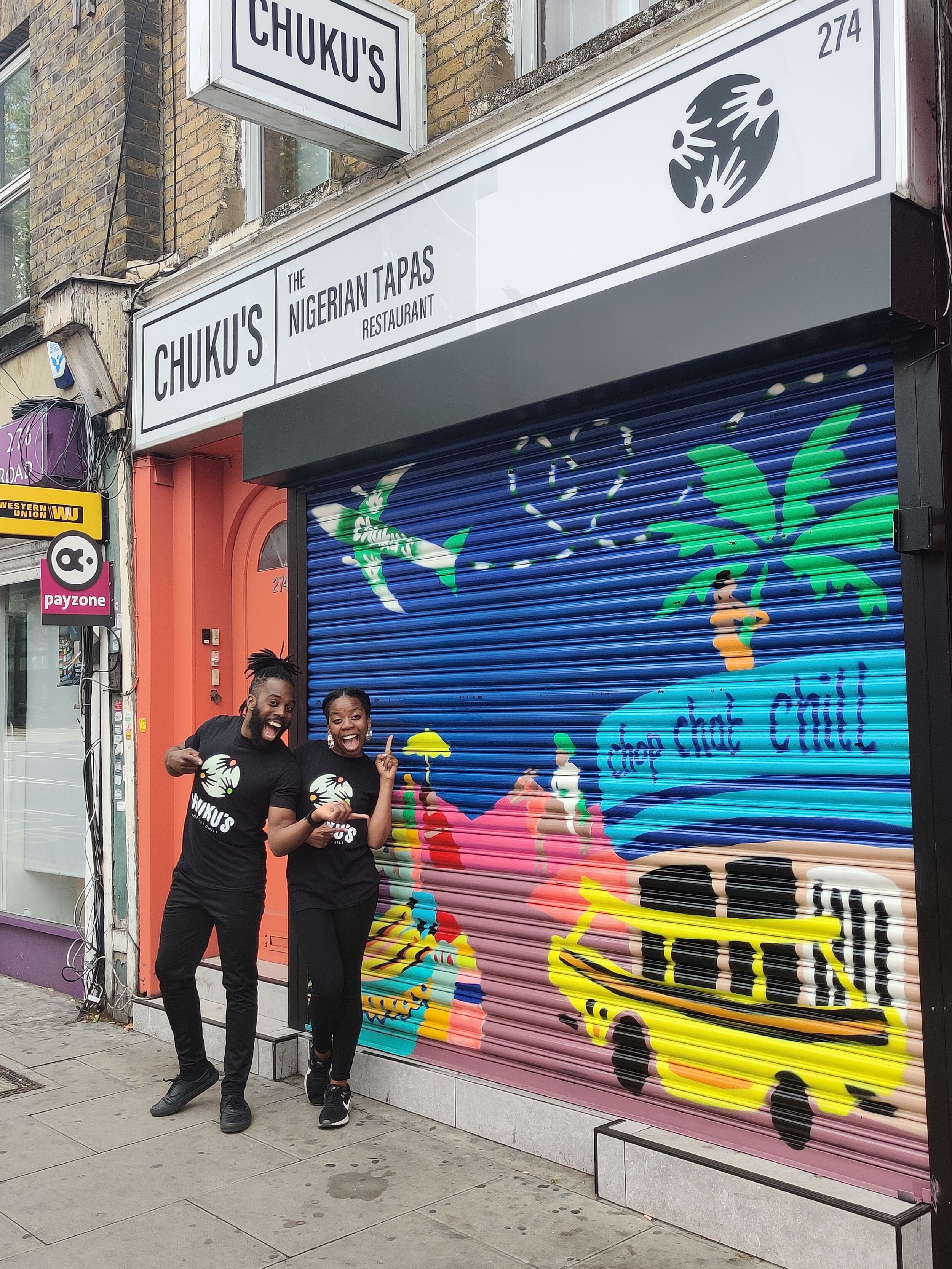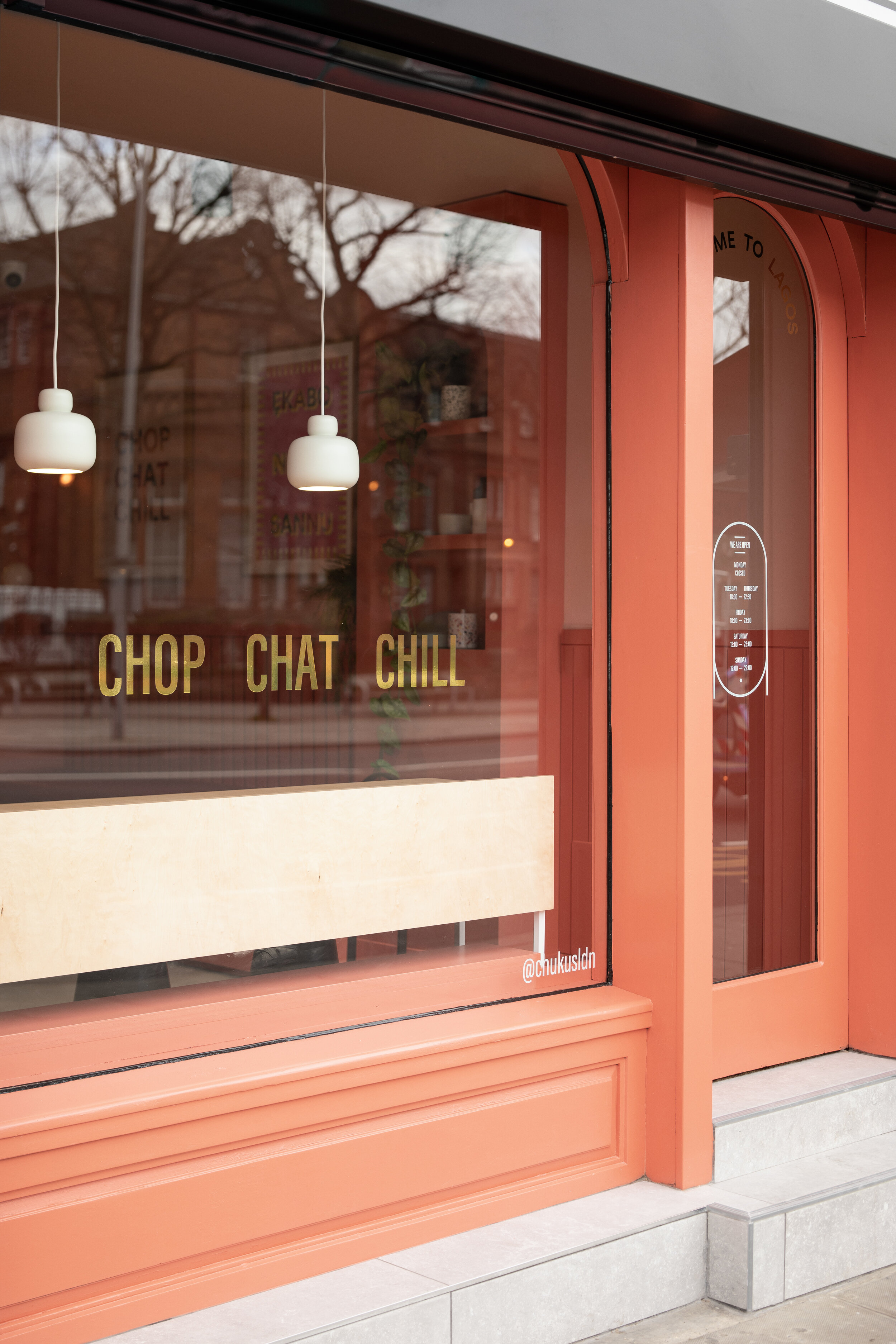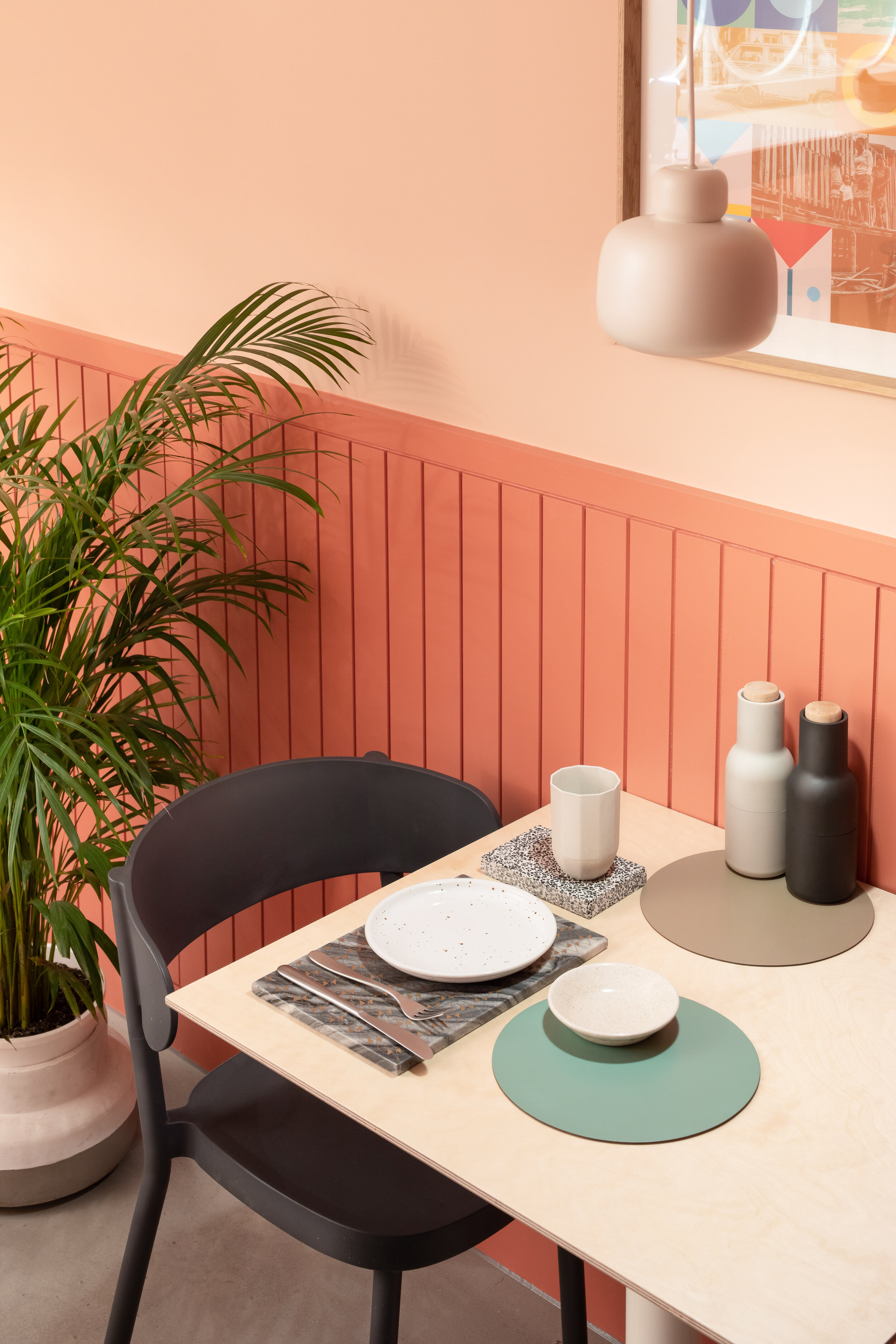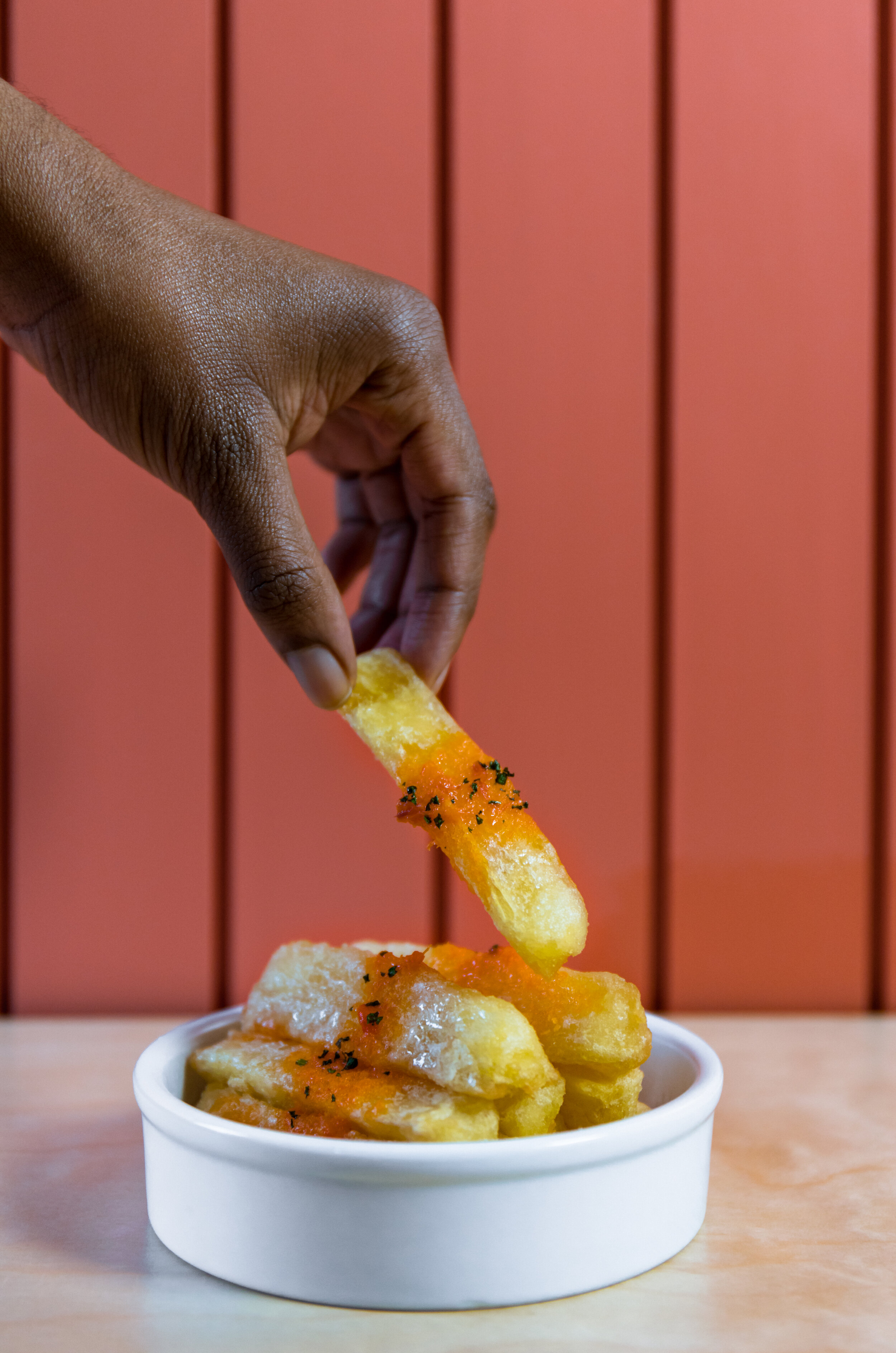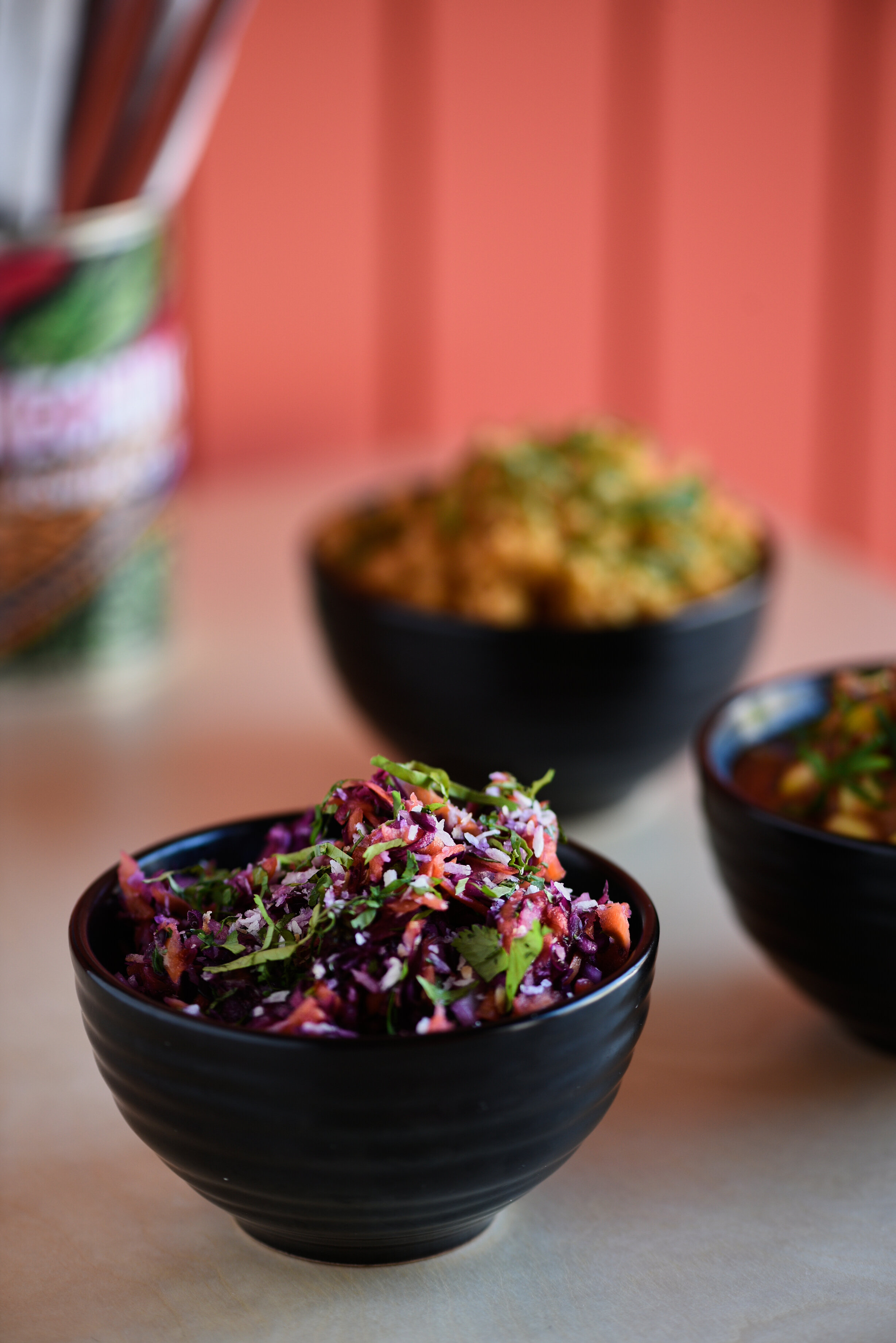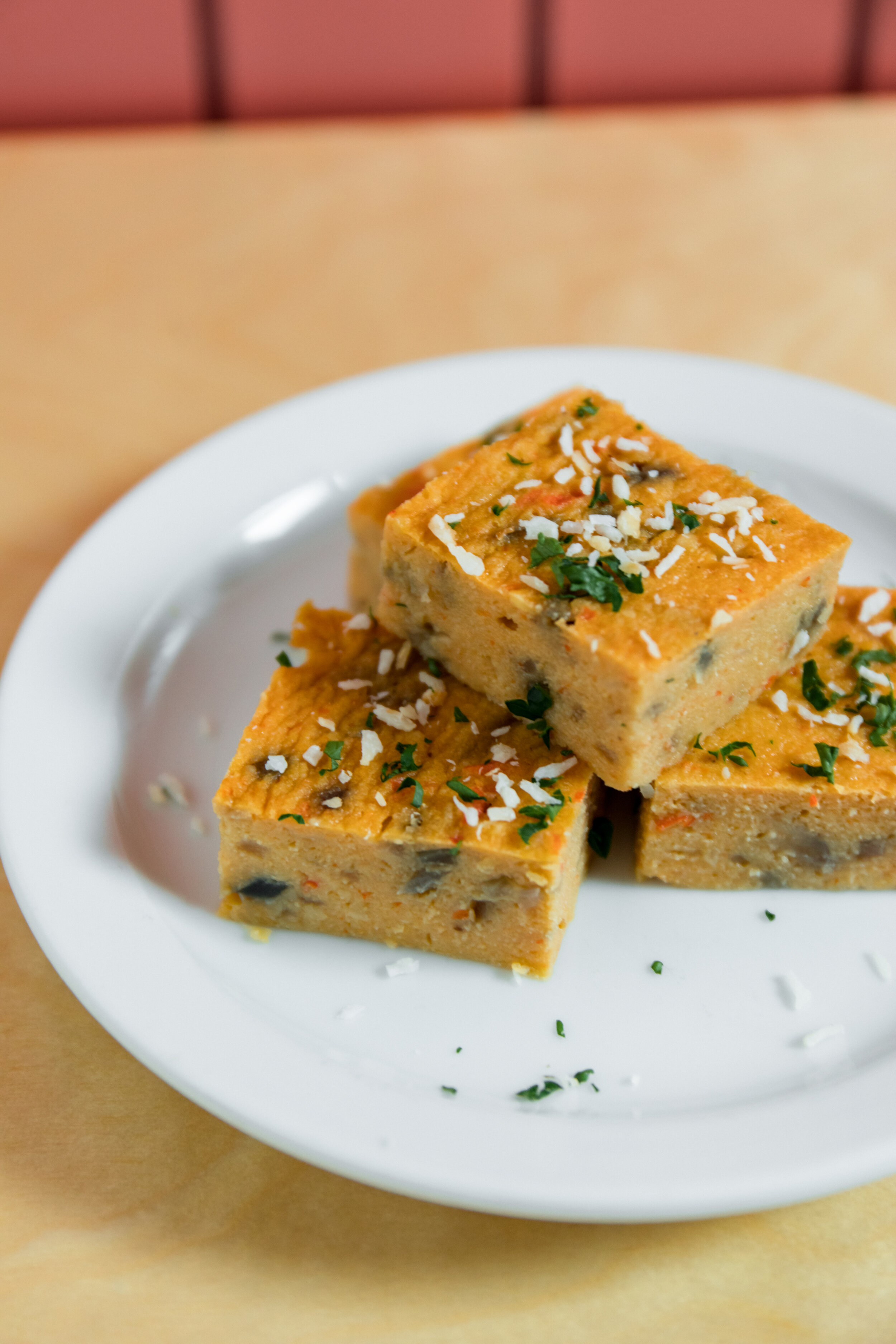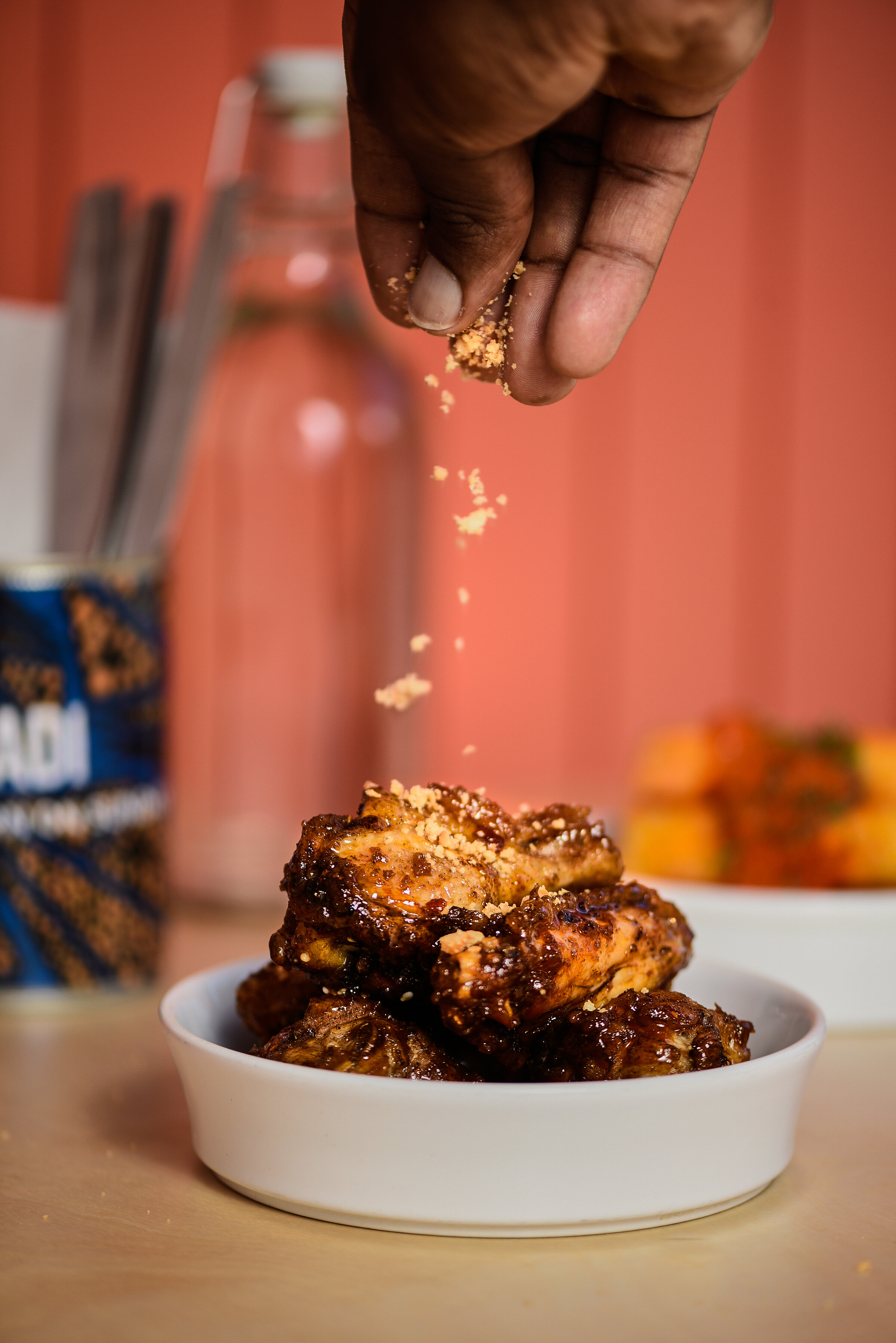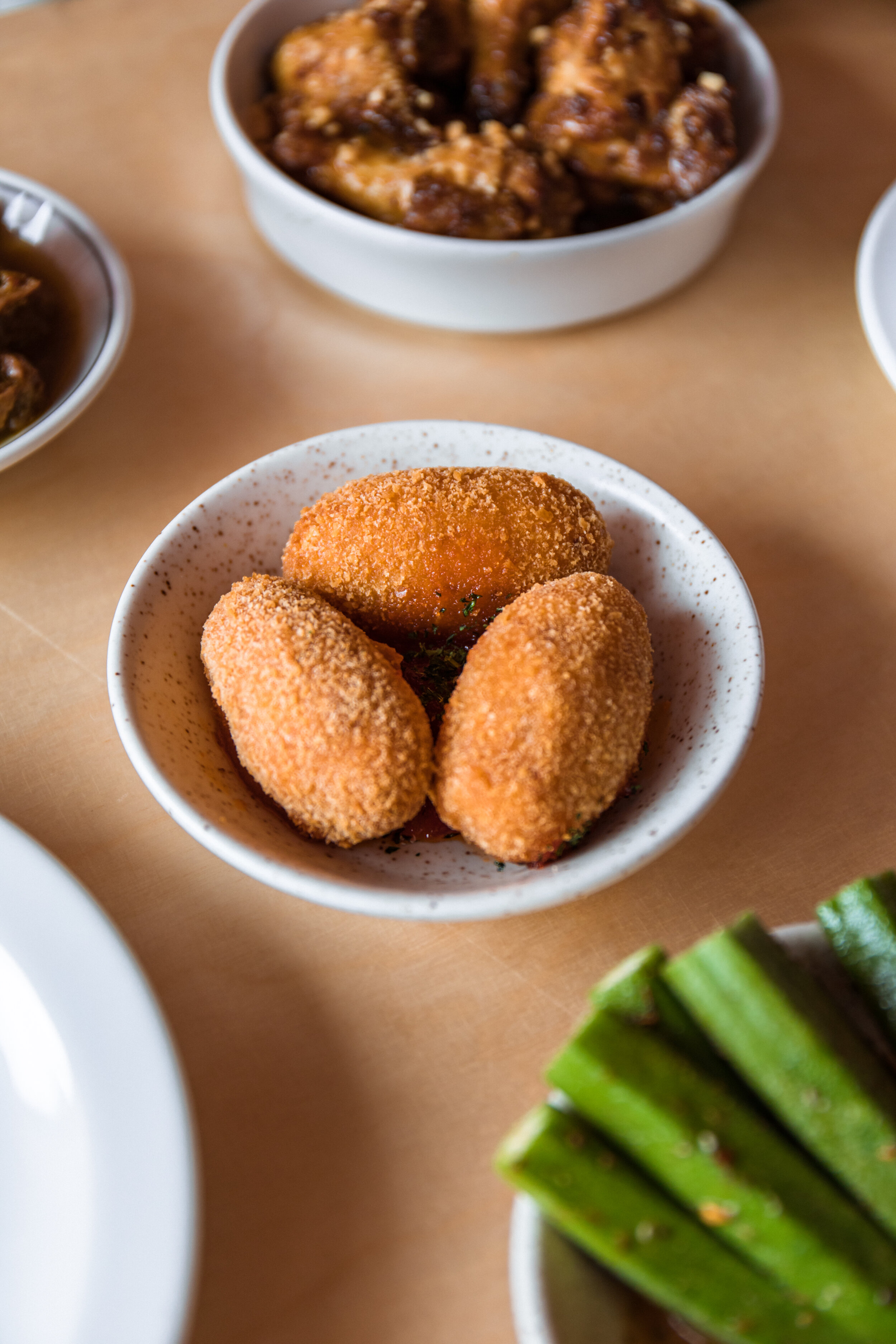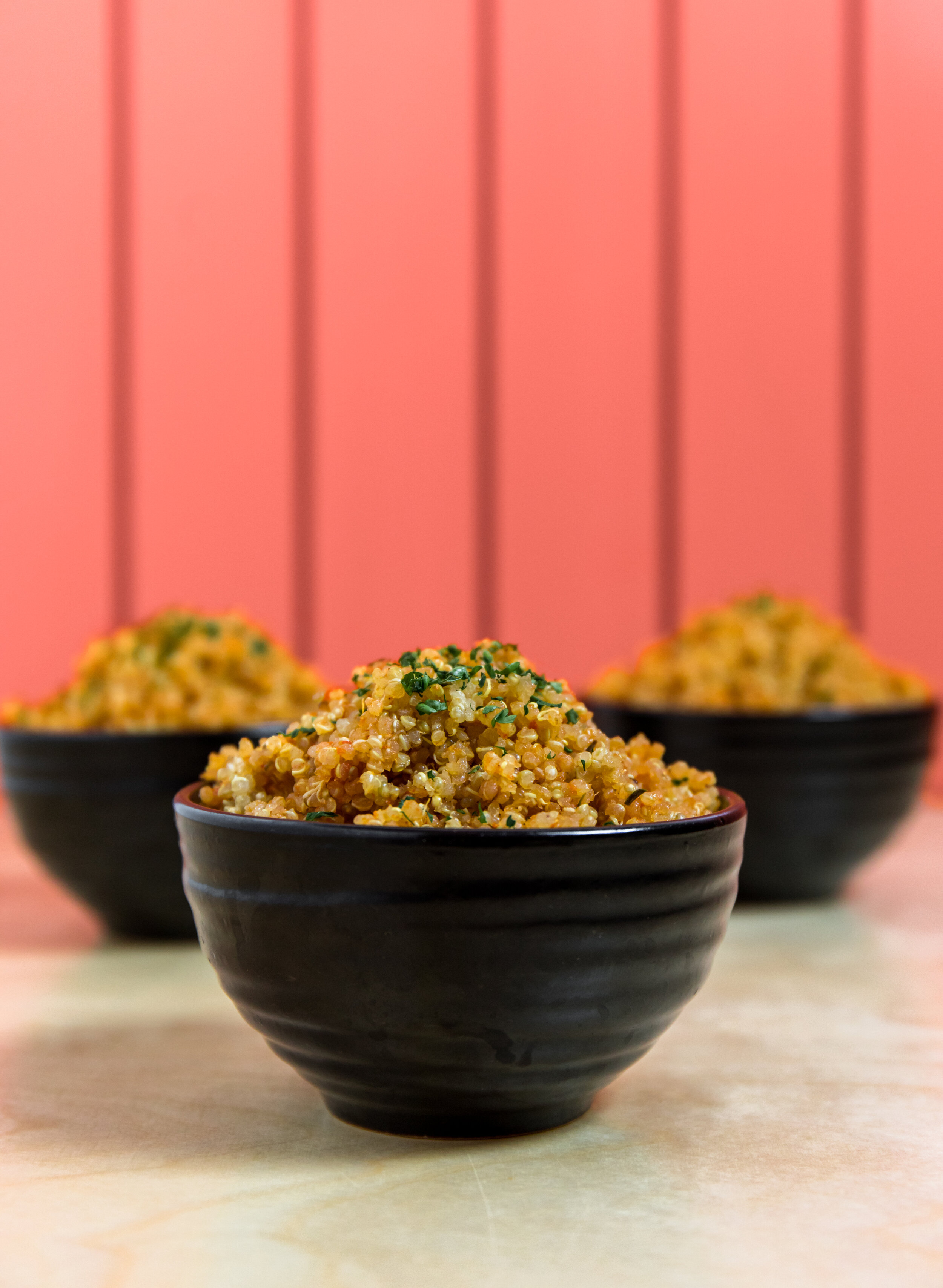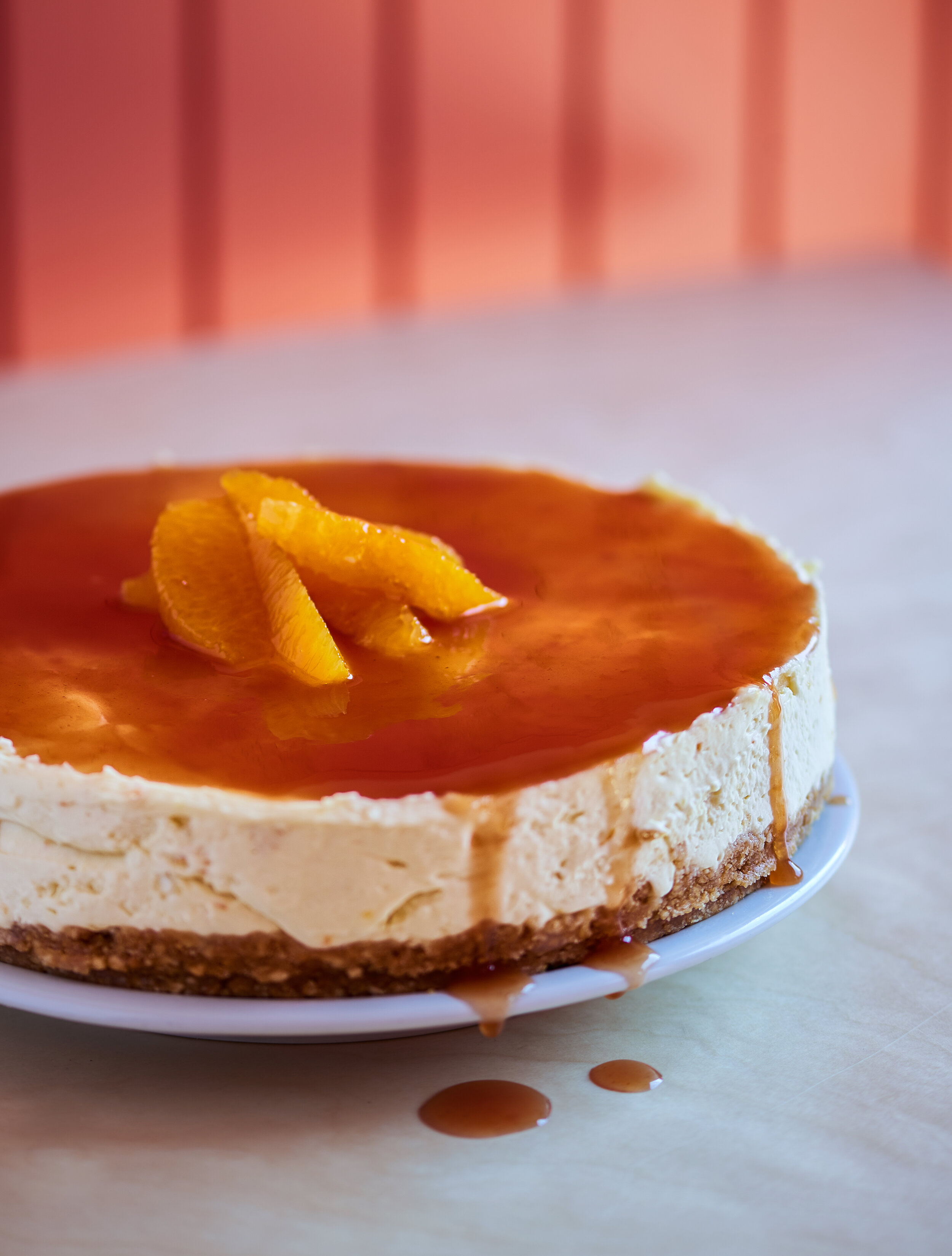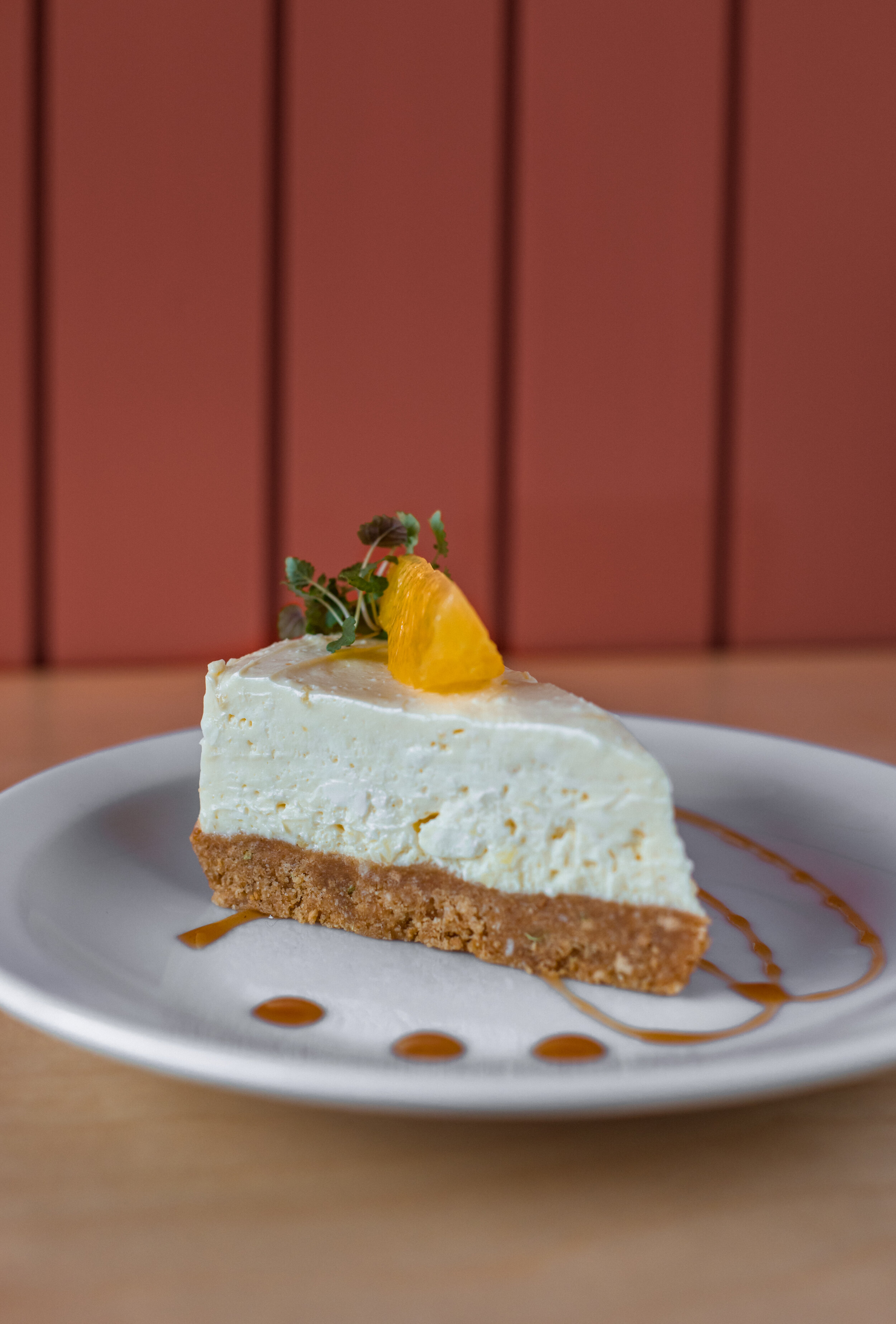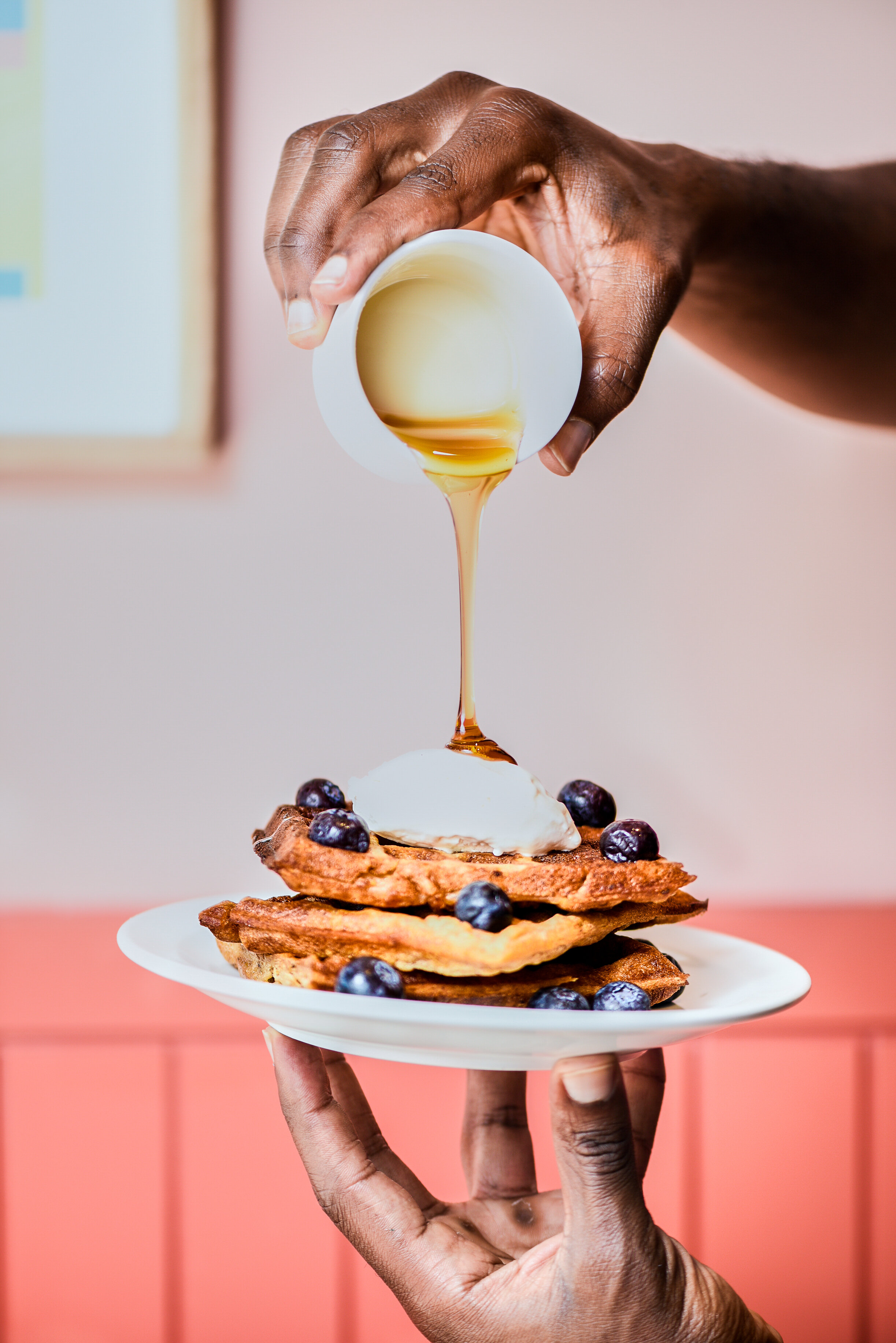Sharing Plates with: Ifeyinwa Frederick at Chuku’s
Sharing Plates is a series of interviews with those who work in the hospitality industry, documenting their memories of the best moments of service; from the people, ingredients, and dishes, to the sounds and objects in the spaces.
These interviews have been visually translated into a limited-edition series of illustrated plate prints, with each interview drawn by a different illustrator. The prints will be sold, with all profits going to Hospitality Action. Going forward, these illustrations will also be transferred onto ceramic plates, and the collection of interviews and illustrations will be collated into a publication.
The hope is for these memories of positive, bustling, exciting times to provide visions for the future of the hospitality industry while supporting those within it. The Chuku’s prints will be available soon, but in the meantime, you can still purchase the Koya prints here.
SHARING PLATES WITH IFEYINWA FREDERICK, CO-FOUNDER OF CHUKU’S
A PROJECT BY PLATE TALKS
ILLUSTRATED BY ASAHI NAGATA
Chuku’s may be London’s first Nigerian tapas restaurant, but it has always been about more than just food. Sibling duo Ifeyinwa and Emeka Frederick have built an immersive experience: a cultural portal to Lagos in Nigeria via Tottenham in London, England.
Frustrated by the lack of representation of Nigerian culture in the U.K. food scene, Ifeyinwa and Emeka started Chuku’s as a series of pop-ups in 2016 to celebrate and share their heritage. Through food, conversation, music, and art, they established a concept
that they have solidified through the motto ‘Chop (Nigerian Pidgin for eat), Chat, Chill’. The menu of sharing plates showcases traditional Nigerian flavours cooked and presented with a modern twist, such as the ‘Egusi bowl’ (a traditional stew made from melon seeds, served with yam dumplings) and the ‘Chin Chin Cheesecake’ (developed as a nod to a popular Nigerian biscuit snack called ‘Chin Chin’). Amidst the vibrant energy of Nigerian beats and surrounded by Nigerian proverbs, this dining style provides a clever introduction to the exciting flavours of the cuisine, while encouraging the social interaction over food that is so closely associated with the culture.
In February 2020, Ifeyinwa and Emeka opened the first permanent Chuku’s space in Tottenham, but after a busy first month, the COVID pandemic forced them to close temporarily. This gave the duo the opportunity to solidify what Chuku’s meant beyond the bricks and mortar and explore how to engage with a community without physically bringing them together. From ‘Zoom’ supper-clubs, to Nollywood ‘Netflix’ parties, and a ‘Chuku’s Chats’ interview series, Ifeyinwa and Emeka’s warmth, optimism, and abundance of creative ideas has seen the Chuku’s community of ‘Chop-chat-chillers’ continue to grow, even beyond the U.K. Here Plate Talks interviews Ifeyinwa Frederick, co-founder of Chuku’s:
Plate Talks: Let’s begin by talking about what Chuku’s is and how it started.
Ifeyinwa Frederick: Chuku’s is the world’s first Nigerian tapas restaurant, and it was literally born in the family home that my big brother Emeka and I grew up in. It was an idea that had been germinating for many, many years before we started, as Emeka and I grew up in a Nigerian household on the border of East London and Essex. There wasn’t anywhere easily accessible that we could go to eat Nigerian food outside of the family home. Up until our early twenties we had just accepted this, but as we got older it became more and more of a frustration. We wanted there to be a place where we could go on our birthdays, or go with all of our friends from a wide range of backgrounds and say “Look, this is our food, this is our culture, this is who we are!” So when we got into our twenties and found that we were still having the same conversations and the same frustrations, we realised that there comes a point in life where you either have to stop complaining and accept the way it is, or you have to do something about it. Emeka and I are both doers, and so Chuku’s was born.
I had been away at university and then moved to Martinique in the Caribbean to teach English, and Emeka had been working as a strategy consultant in the City in London when he started sharing photos of these dinner parties that he was hosting with friends. He was cooking his own spin on Nigerian dishes and offering it on small sharing plates. I thought it was a really cool and exciting idea and so when I came back we decided to develop the concept. Sharing plates was an idea that we definitely wanted to move forward with because if you don’t know a cuisine - and this goes for any cuisine - the idea of choosing which dish to order can be quite overwhelming. Often what can happen is that if someone tries a cuisine for the first time and orders a dish that they don’t like, they then think that they don’t like that cuisine, when actually it might just be that they don’t like that dish. Even within Nigerian cuisine, which I know and love, there are dishes that I don’t want on my plate, so we thought that by using this concept of sharing plates, people could try a wider variety of Nigerian dishes.
More importantly though, we wanted to share the culture as a whole and really celebrate our heritage. Chuku’s was never meant to be a place that just serves Nigerian food, but a place to give customers a culturally immersive experience. I remember when we came up with the slogan ‘Chop, Chat, Chill’ which we’ve used as our anchor for developing this experience in everything we do. ‘Chop’ is Nigerian Pidgin for ‘eat’, which shows that Nigerian food is at the heart of Chuku’s. Though some of our dishes might have a twist on them, they are all are centred around authentic Nigerian flavours, and there isn’t a dish on that menu that can’t have its root identified back to Nigeria. ‘Chat’ is for our sociable environment which reflects the massive social dining culture in Nigeria; if you gather, you eat. The idea of you coming to my house and not being offered food doesn’t even make sense - it would be an insult [IF laughs]. So actually, the sharing plate culture of Chuku’s really fosters that social atmosphere and very much speaks to our Nigerian heritage. And finally ‘Chill’ is for the atmosphere and the environment that we create and is a true celebration of the culture, I would say. Since our very first pop-up - which I remember making the playlist for - we have only ever had Nigerian music playing in our restaurant space, we have always had proverbs stuck up that we had printed out back then with a little bit of WordArt [IF laughs], and we had what we called our ‘Hall of Fame’ which was a series of photos of British-Nigerians who were excellent in their field. All of those elements are evident in Chuku’s in some way today. And so, Chuku’s is a place we’ve created to be a mini introduction to Nigeria; where when you step in you feel like you’ve left London and have been whisked away to Lagos.
PT: You mentioned that Chuku’s began as a series of pop-ups, how did that develop into the restaurant?
IF: It developed slowly [IF laughs]. Maybe Emeka feels differently, but I don’t think that when we started I knew that we were going to have a restaurant as it is today. But the Chuku’s that we are today has its roots in the Chuku’s that we started back then.
Neither of us came from a background in hospitality - our main experience of restaurants was eating in them - so our first thought wasn’t to go out, get a lease, and get a restaurant. It was more “OK let’s just try and see if London is interested in what we want to do.” So we started with pop-ups. We were a pop-up for four years, before we got the bricks and mortar place in Tottenham, and there were stages to the pop-ups. The first year was a lot of learning. We were hosting these pop-ups in restaurants or café spaces rather than at street food markets because we were always trying to learn about the dine-in restaurant operation. To support our learning from the pop-ups, we both got part-time front-of-house jobs in the industry. Emeka also did some cheffing at ‘The Savoy’. We wouldn’t be where we are today without the support of other restaurateurs who were prepared to give us their time and answer our questions. With some people it was only one conversation, but in that one conversation they might have given us a gem that helped us move onto the next stage, or given us something to remember. We were really just sponges and amassed pages of notes of advice from various people. That is one thing that is really special about hospitality, it definitely feels like there is a kind of camaraderie in the industry - especially during this past year.
So then finally, after a lot of learning and refining who we were, what we were about, and what was on our menu, it got to a point where we felt like we were ready to start the restaurant.
PT: Why did you choose Tottenham for the site?
IF: We were looking for a location for about three-and-a- half years, and of course, the first part of that search was learning what it meant to look for a site. In the beginning we looked at everything before we realised what things
to look for. We were keen to share and promote what we consider the traditionally Nigerian value of community and had always talked about building a community centred around food and feel-good vibes, so we wanted Chuku’s to be located in a local community that we felt we could add value to. We wanted to be a neighbourhood restaurant that was also a destination location; which is actually quite a specific remit. We looked at some sites that were OK,
but they were a secondary location, like behind a corner or something, whereas we wanted a high-street presence where we could celebrate our culture loudly. We decided to look around the Tottenham area, and just fell in love with it. It has such a wonderful community atmosphere - proper community vibes.
While we had our hearts set on Tottenham, unfortunately Tottenham did not have its heart set on us. We just couldn’t find a site that was big enough or that we could get the right license on. Whilst we continued to look for a space in Tottenham, we did start to look at other locations as time was passing. We almost agreed to a place in Dalston which fortunately (I can say fortunately now) fell through, and then finally the site we now have in Tottenham came up. We put an offer in, went through negotiation after negotiation and then renovation after renovation because the site was a state. But now it’s ours and it’s the restaurant that people have come to love as Chuku’s.
PT: Can you describe a run of service at Chuku’s?
IF: It all kicks off once the music goes on. Before that we set up tables, restock the bar, and do our team briefing. Then someone will say “Music on!” and Chuku’s begins. The music is on, the shutters go up, and the restaurant is just buzzing. It’s funny because if you don’t work in the industry I don’t know whether you actually hear all of the sounds in a restaurant, or if you only ever really hear yourself and the people you’re with. In service, I’ll notice all the clashing of the cutlery, I’ll hear the bell going on the pass, I’ll notice the music, I’ll hear every time someone says “Hi there, how can I help you?” or “Hi, how are you?”. I hear it all and I love it. I have a dance background, and love dance and musical theatre, and I honestly think restaurants are one of the biggest show pieces. If you watch closely, it’s synchronised and beautifully choreographed. The fact that you can have so many people move in such a small space and nothing goes wrong is amazing. I love to just sit and watch what I can only describe as a beautiful dance to the soundtrack of Nigerian beats. That’s what Chuku’s feels like. My favourite thing is to hear a roaring laughter rip though the restaurant because someone is having such a good time. That’s what service feels like to me - it’s a palpable energy that courses through the restaurant for five hours. It’s a very special thing in my opinion.
PT: What objects are essential in the Chuku’s kitchen?
IF: Cooking equipment wise, I would say our ‘Rational’ oven. Emeka loves it because it helps us deliver a high level of consistency and saves us so much prep time. In terms of non-cooking equipment I would say the dishwasher, because while we were doing our pop-ups we worked in a number of places where there wasn’t a dishwasher and there was just too much washing up. I’m pretty sure our kitchen porters would be like “What’s going on?” if we didn’t have a dishwasher. I actually think the role of a kitchen porter is so undervalued. If your kitchen porter doesn’t turn up for the shift, everyone will notice - it changes how service operates. So anything that makes their job easier is a valued piece of equipment.
PT: You opened the restaurant site in February 2020, just before the first lockdown in the U.K. How have you adapted during the pandemic?
IF: Everything Emeka and I do is quite considered, and because we had such a long gestation period before opening the restaurant, we spent a lot of time thinking about what Chuku’s was and what Chuku’s would do beyond the bricks and mortar restaurant that we would finally open. But when the restaurant did open, the process was all-consuming. All those other ideas were put on the back-burner, and we just focused on making sure that the restaurant worked. So when the pandemic hit and we had to close, Emeka and I saw it as an opportunity to explore some of our other ideas that we’d had aside from the restaurant. Although it was a strange time, it made us think how to build a community when you can’t physically bring them together. It was a challenge which really made us hone in on what Chuku’s is and what it stands for, and I actually think people really enjoyed finding other ways that they were able to engage with us. For example, we held virtual supper-clubs where we would all get together on ‘Zoom’ and everyone would bring their food, have a toast, and share something that they’d learnt that month. I remember someone saying how much they loved it because they hadn’t met anyone new in so long. We also hosted Nollywood ‘Netflix’ parties, where we used an app so that everyone could join and watch a Nigerian film with us in real time.
One of the things that Emeka and I are particularly proud of, and which I enjoyed the most during the first lockdown, was launching our ‘Chuku’s Chats’ series. On our blog we used to have interviews with inspiring individuals from Nigeria. We had always thought that they would be much richer and more dynamic as videos, but we just didn’t
have time to do it alongside running the restaurant. Then lockdown hit and we seized the opportunity to relaunch ‘Chuku’s Chats’ as a series of video interviews. We’ve now done two series’ and interviewed a range of people such as Dr Anne-Marie Imafidon who is a tech entrepreneur, Dr Ike Anya who was the co-founder of TEDxEuston which is dedicated to African ideas, and Meji Alabi who is the videographer and director behind a lot of popular artists’ music videos such as Wizkid and Burna Boy. The interviews are all centred around ‘Chop, Chat, Chill’. The ‘Chop’ section is always about ideas that nourish them, ‘Chat’ is a topic of their choice, and then ‘Chill’ is about culture and travel. Recording the interviews was so wonderful, especially during such a difficult time. It was so great to connect with other individuals, hear their stories and learn something about their world. Whenever I entered the recording room, the conversations would be so uplifting, inspiring and encouraging. I was getting so much life out of them and I was so excited to share them with our community. We’ve recently been thinking about what the look and feel of the third series will be.
In terms of the food, I remember getting messages from people being like “Why don’t you jump on Deliveroo?” or “Are you going to start doing takeaway?”, but Emeka and I had decided that we didn’t want to do hot-food takeaway. We did want to create some sort of at-home offering that would be more than just taking what happens in the kitchen and putting it in a box for delivery. We spent a lot of time thinking about what that would look like, and came up with our ‘Chuku’s Dining Experience Kits’. The kits give you all of the ingredients to explore Nigerian food and culture at home with just ten minutes of prep. Each kit comes with a few of the Chuku’s signature dishes and flavours that need a bit of heating up and mixing with your favourite sauces. The dessert just needs eating [IF laughs]. To complete the experience, the kit also comes with a QR code which leads to a page on our website with our Nigerian music playlist, Nigerian films, art, and even some conversation starters, because Nigerians love to chat! So when you get a Chuku’s at-home kit, you’re not just getting a taste of Nigerian food, you’re having what we always set out to provide: a culturally immersive experience. Whilst we only launched our kits in the second lockdown in November, we’d actually been doing the work for them throughout the whole of the first lockdown. Whenever we seem silent, we’re always beavering away.
The closure was also an opportunity to improve the restaurant operations (as we’d only been open for four weeks so it wasn’t by any means perfect behind the scenes) and continue our learning in how to lead a team. For most of the Chuku’s journey, it had been me and Emeka. But when we opened the restaurant with a full-time team, we had to learn to navigate the highs and lows of that. It’s been another steep learning curve because it hasn’t just been about opening a restaurant and learning how to build and support a team, but how to build and support a team in a new restaurant that is also going through a global pandemic. I feel like it’s been a baptism of fire in some ways. There have been a number of areas where our learning has been fast-tracked because of the pandemic.
PT: It’s exciting that you brought strangers together for the Chuku’s experience despite everything going on.
IF: Yes, the Nollywood ‘Netflix’ parties and virtual sup- per-clubs were open to everyone, and it was great to see that over the years we’ve grown into a community that is actually global. There are a number of people who are interested in what we’re doing from across the world. So when we had the ‘Netflix’ parties and virtual supper clubs, we were able to have people come together from Los Angeles, Lagos, Marrakesh, London, and Paris, all on the same chat. And it’s been the same thing with the ‘Chuku’s Dining Experience Kits’. Previously we’d only really been able to serve people in London or those who had travelled to see us, but now we are delivering them nationwide and can reach a wider range of people. I’ve seen kits go to Edinburgh, Dundee, Manchester, and Peterborough. That’s been one of the beautiful things to come out of this experience - we’ve been able to develop ways to reach the full range of people in the Chuku’s community.
PT: Which dish on the menu is your favourite?
IF: I am a dessert person, so I’m going to start with dessert. When I go out for dinner I look at the dessert menu first, because I like to know if they’ve got a dessert that I can vibe with (in my personal opinion sorbet doesn’t count) or if I need to plan to have dessert somewhere else. On the Chuku’s menu, my favourite dessert used to be the ‘Chin Chin Cheesecake’. ‘Chin Chin’ is a very popular bitesize biscuit snack that’s eaten in Nigeria, which children especially love. We use them as the base in our cheesecake, which has an orange and stem ginger top. As I’m de- scribing it I’m like “Mmmm” but with my gluten and dairy intolerance I really can’t indulge in it like I used to, and it feels like the universe is really telling me to stop [IF laughs]. So respecting my food intolerances, the ‘Plantain Waffle’ is my other favourite; it’s gluten free, vegan, simple, delicious, and moreish. I think plantain is a wonderfully versatile crop and I’m a true lover of plantain, not like some pretenders, because I will eat it in all its forms. I think that’s what true love is. Those who only like fried plantain don’t really love it, they just pretend to [IF laughs].
From our savoury items, I’d say another favourite of mine is the ‘Cassava and Ata Din Din’ which is cassava fries with a really hot, peppery, tangy sauce made with scotch bonnet. I can’t actually handle the sauce but it is really delicious. We have a dish called ‘Chicken Ata Din Din’ as well, which is pulled chicken cooked in the same sauce and that again is just so yum. When Emeka brought it onto the menu I was like “Genius boy, genius!”. Then there’s also the ‘Moi Moi’ which is a vegan tart made from pureed beans which are then steamed. It’s a dish that I really hated when we were growing up - I didn’t like the texture of it, I didn’t like the way it looked - it just wasn’t for me. But in developing the Chuku’s menu, Emeka has found a recipe that I love and the Chuku’s ‘Moi Moi’ is now the only one I eat. It’s so
filling and satisfying - I really like food where the textures and flavours feel hearty, homely, and comforting and ‘Moi Moi’ is one of those dishes. It’s a set of flavours that I only ever experience in Nigerian cooking and cuisine, so it feels like a taste of home. These are my favourites right now but my favourites are constantly changing, which is a good thing because it means I love the whole menu. But dessert is definitely always my favourite, I don’t understand going out for dinner without ordering a dessert, personally.
PT: Where does Chuku’s get its produce from, and how has this changed over this time?
IF: We get our produce from a range of suppliers - from large companies who cater to a range of restaurants, to local businesses. Then there are certain ingredients that we get from our Nigerian goods supplier, like the ‘Suya’ for our ‘Suya Meatballs’ and the beans for the ‘Moi Moi’, both of which aren’t readily stocked elsewhere. And sometimes you just can’t beat the supermarket, which always surprises me. When we were a pop-up I thought that as a restaurant we’d get all our ingredients from a massive supplier but you realise that sometimes it just makes more sense to get items from a local ‘Tesco’. Availability of goods has been difficult during this time, especially when we reopened for that brief period in November. Some of our suppliers were short-staffed so we couldn’t get drop-offs at our requested times, and also there just wasn’t enough stock. When we re- open again I’ll never take a delivery of napkins for granted again [IF laughs].
PT: What will be the biggest challenge of reopening?
IF: It’s hard to say because I wonder if the challenges of reopening this time will be the same as the last time. One of the biggest challenges throughout has been the constant changes. We were always trying to keep up with what was happening in the news, with limited notice to put things into place. That made things really difficult from a planning point of view, and it made it hard to provide any sort of stability for both the team and the guests. Some of the changes weren’t particularly well-communicated by the government and we found that we had to educate a lot of the guests on what the new rules were and why that meant we couldn’t necessarily accommodate their requests. It felt like we were doing a lot of the governmental messaging and that a big responsibility was put upon us. There’s also the issue of making visitors feel comfortable. If the media doesn’t make people feel safe, there’s only so much you can do to encourage them to feel safe enough to come and eat with you. So I hope that at the time of reopening, the facts have progressed to a point where it is actually a better and safer time for us all. I also hope that things are more stable and that the rules under which we open with don’t change. Whilst we’ll face other challenges I’m sure, just being able to plan would really help.
PT: What are you most looking forward to?
IF: I am most looking forward to watching the restaurant from the outside and seeing it full of people smiling and laughing, and then opening the door and hearing that cacophony of sound pour out into the street. I can’t wait to be a part of people’s moments - not just special moments, but just being part of their weeks or being a highlight of their day. In the hospitality industry we are really fortunate to be interwoven in people’s lives and memories, and I can’t wait to bring people together in person again.
PT: Other than work, what else have you been doing during the lockdown?
IF: Aside from Chuku’s, I have been trying to rest where I can. While this has been a difficult and challenging time, I’ve tried to see what good I can take from it for myself, and part of that good has been taking more rest and using
the pause to do some restoring and rejuvenating. I’ve really benefitted from the quiet time and have spent a lot
of time thinking about what I want next. The last five years have been very focused on getting the restaurant open, so now I’m thinking about what I want beyond this. I’ve also been exercising a lot because that really helps my wellbeing. If I’m doing a proper workout it’s not necessarily easy, it’s not necessarily comfortable, and it takes a lot of effort, but when I come out the other side I am stronger. So I use exercise as a way of pushing my mind as well as my body. I push myself with exercise to train my mind to really believe in the philosophy that I can do whatever I set my mind to. It might take a while and I might have days where it feels like I’m going backwards, but I will get there.
I’m also a writer so I have been writing a lot. My latest play was supposed to be staged at the end of 2020 but has been postponed to later this year, so I have been doing a lot of writing for that and using the time to explore a few other new ideas. Above all, I’ve just really been enjoying being with my family. I think that work - both Chuku’s and writing - has taken me out of the house quite a bit and occupied my time a lot, and so while we’ve been required to stay indoors as much as possible I’ve been able to really make the most of my time with my loved ones. That’s been a real highlight of the lockdowns.
PT: What are your hopes for the future of Chuku’s and also for the wider hospitality industry?
IF: We have lots of big dreams and visions for Chuku’s but I’m someone who likes to say when things are in action,
so I’ll keep those big ones to myself for now. In the short term, we haven’t had the first year that we intended, so
our aim hasn’t really changed: to stay open, refine what we started last year, and start to embed ourselves as part of the community. We want to be a place that people are excited to visit time and time again so that they can share and engage in Nigerian cuisine and culture. I’d also like for our Chuku’s ‘Dining Experience Kits’ to continue to grow. It brings me a lot of joy to know that people beyond London can experience Chuku’s.
For the wider hospitality industry I hope that it rebuilds better and differently, that it will re-emerge stronger and in a more dynamic form, and with more access for a wider range of people. With or without the pandemic, the food scene has never represented the country, and so the industry needs to become more reflective of the U.K. population as a whole. Even in regards to food media, many cuisines haven’t been written or reported about with the respect or the understanding that they deserve. I love media outlets, such as ‘Vittles’ for example, where you really see all food cultures being celebrated to a full extent.
I feel like the pop-up route has a real opportunity to encourage this to a larger extent than it ever has before and really help shape the cultural food scene, and so I would also like to see the return of the ‘pop-up restaurant’ scene. Chuku’s wouldn’t be here without it. There are lots of people who want to get into the industry and don’t have the access to capital that others have, and so need to prove their concept (because people are unsure whether the U.K. is ready for a particular type of cuisine) in order to raise funding. So the pop-up route can be a real foot in the door. Another thing is that when people are looking for a site, certain landlords don’t want to take on a new business concept, but this year has proved that bigger concepts can fail too, so maybe they’ll realise that an independent isn’t any more of a risk than an over-exposed large chain.
PT: As a final question, where is the first place you would like to eat when everything reopens?
IF: I’m most looking forward to going to a few places that are local to me. There’s a country pub near us in Essex that I really want to go to with my family on my birthday. It’s really simple and homely and I know exactly what I’m going to get: fish and chips, with sticky-toffee-pudding for dessert. The other place is this Turkish restaurant up the road from me which I can’t wait to go to with my mates. I want to go and eat in - it tastes so much better when I’m sat in the restaurant. They’re not necessarily well-known places but they’re places that are part of my personal narrative and make me feel like I’m home.
THIS INTERVIEW TOOK PLACE IN MARCH 2021.
ALL PROFITS FROM THE SALES OF THESE PRINTS WILL GO TO HOSPITALITY ACTION (REGISTERED CHARITY NO.1101083)
CHUKU’S
274 HIGH ROAD, TOTTENHAM, LONDON N15 4AJ
@CHUKUSLDN
WWW.PLATETALKS.CO.UK
@PLATETALKS
@ASAHINAGATA
CHUKU’S
274 HIGH ROAD, TOTTENHAM, N15 4AJ
Photography credits: Adam Scott, Naf Castanas, Rebecca Dickson of Goya Comms


